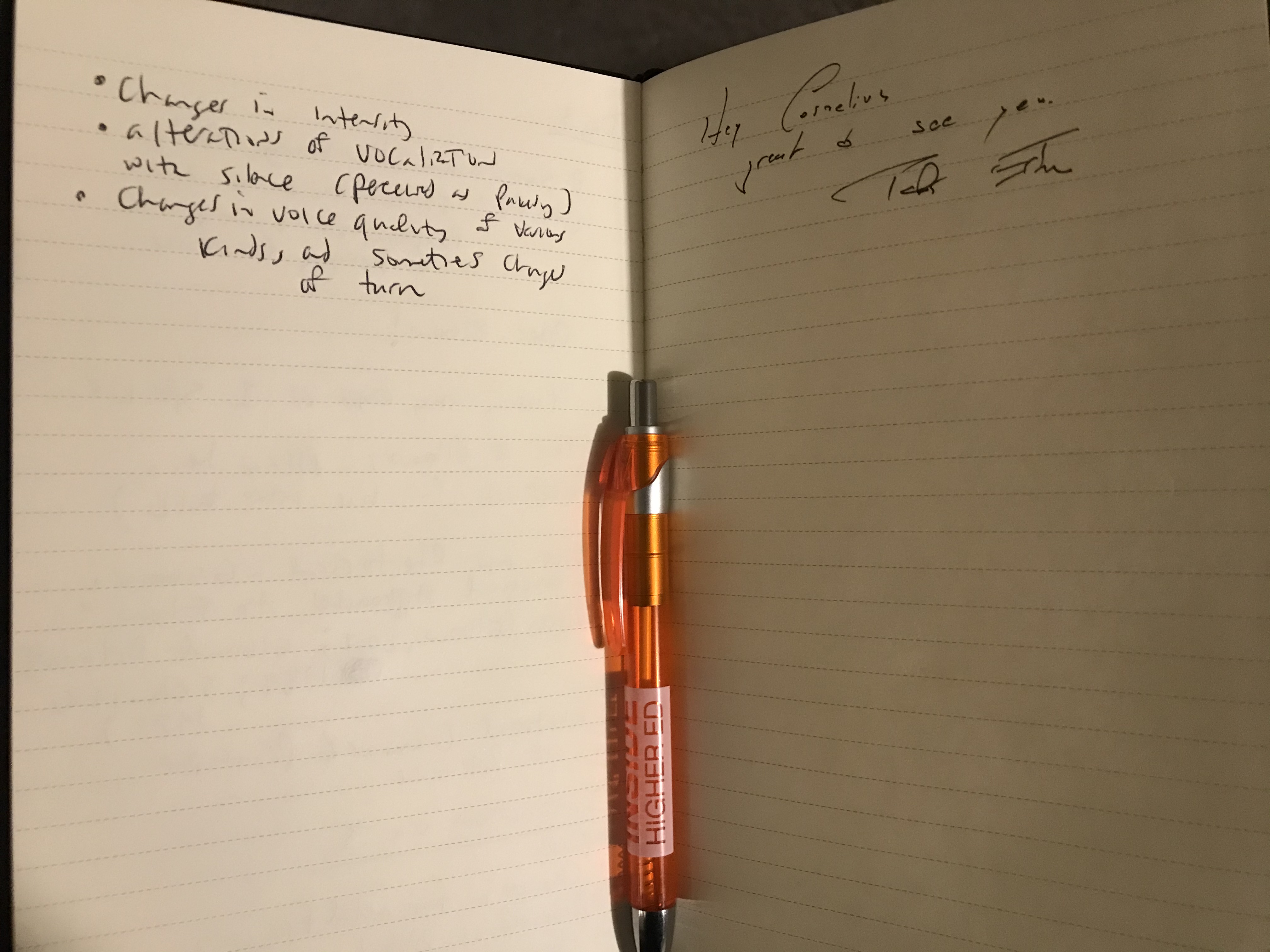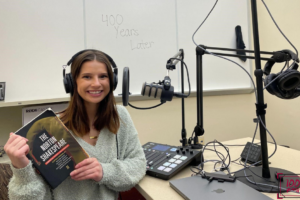Some Thoughts on Staying Connected and Committed
Words fail us, especially when we’ve run out of them. Forget that there’s a limitless supply, an endless combination available. In the face of a crisis—or, as we’re currently experiencing it, a global pandemic—things tend to fall out of sequence and into surrealism. Nothing really fits into the original spaces we had allotted for them.
But even amongst a seemingly dystopic world, deadlines must be met; time marches along; writing must be completed. Whether academic, creative, freelance, or anything in between, writers, as we have always been told, write. No matter what.
For many of us who became English majors—not just for the mystical, alchemical power of words to affect us, but in imitation, to wield that very same power in our own writing—it can be hard to focus (or write) effectively during difficult times.
Here’s a short guide to find inspiration in whatever light the shadows obscure.
One word at a time
It’s so easy to get stuck in the vortex of the word count game. Maybe your writing professors or a favorite author suggest a particular number of words to write, a time frame to reach for, but the truth is for many of us with busy lives, family obligations, teaching loads, and other varied factors, a word count can be crippling. Quantifying the sometimes unquantifiable is difficult enough, so how about this? Just write one word at a time. Start with a word or two on the page. Remember: Thinking about writing isn’t writing. The words feel different, take on a unique shape once they’ve been transmuted from the neurons inside our heads. Writing a few words a day is better than nothing, and with daily attention, they tend to grow.
Journey through a journal

It’s almost cliché: keep a journal. No. Really. Keep one. Record important moments. Record the seemingly mundane. (I once stared at amazement as a beam of light slipped through the blinds in such a beautiful, science fictional way; it remains fixed in my mind . . . how that golden light had traveled for millions of miles from outer space and into my dining room.) You might even start with an epistolary approach . . . a letter to your future self; your former self. What matters is creativity and the room to move around uncluttered by expectations or even structure. The less structured, the better. Take a page out of John Cheever’s notebooks. No, really. “Drop in” and see what happens. Go all William Burroughs on it and cut something up. Be unafraid to be unconventional.
Dream, dream, dream
Did you ever get in trouble for daydreaming in class? I sure did. It sometimes feels as if we don’t daydream nearly enough; it’s something most of us have forgotten how to do: everyone’s so busy adulting or lost in our digital landscapes that the ability to dream is lost to us only when we lay our heads down to sleep. Dream about where you want to be after all this. Dream about what you want your writing to be. Dream about the impossible because what this current moment teaches us is . . . nothing is impossible. Seize whatever moment you’re in, and don’t dare let it go until it divulges its secrets, and once acquired, transcribe it for posterity.
Start a writer’s group . . . or something better
If you write, if you journal, if you daydream, these are typically solitary pursuits. In the first few weeks of quarantine, we have seen musicians and other artists collaborate, and why can’t writers? It’s the perfect time to reinvent an imperfect medium—the video conference. Now’s the time to start your own writer’s room. Maybe you’re not interested in sharing your words just yet; maybe you want to hear someone else’s words, or find inspiration within an interdisciplinary approach. Why? Because filmmakers can learn from fine artists; fine artists can learn from musicians; writers can learn from everyone.
Embracing a new reality
You’ll find plenty of publications devoted to helping you write (Writer’s Digest is a popular one, as well as Poets & Writers), but none of us were prepared for the reality of COVID-19 and how it has mutated our world. We will return to as much normalcy as possible with a few added caveats. Classes will be taught. Many of us will continue our graduate studies, our research . . . our lives. More importantly, this yet-to-be-realized moment will come to us through the transmission of words—spoken, transmitted, tweeted, shared, and repurposed to describe this epoch, to reflect on what has come before.
So if you’re still having trouble, you might get out a notebook, or open up your computer, and start with the words “I was there when . . . ”
The rest will fall right into place.
Cornelius Fortune’s work has appeared in Yahoo News, CinemaBlend, The Advocate, The Novel & Short Story Writer’s Market, Midwest Living, and others. He is currently an English Literature graduate student at Mercy College, and an adjunct instructor, teaching composition, as well as poetry and drama, at Jackson College.
 Cornelius Fortune
Cornelius Fortune
Alpha Alpha Phi Chapter
Mercy College, Dobbs Ferry, NY
More Pandemic Reading and Writing Resources
Literary Reflections on Social Distancing
Why It’s Important to Read Outside the Canon
Sigma Tau Delta Chapter Activities Amidst COVID-19
Shakespearean Virtual Learning Resources
More from Footnotes: May 12, 2020
Service Project: Imagination Library
#CelebrateEnglish2020
Chapter Annual Report






Thank you for your words. I have been struggling to write. A few paragraphs here and there. On another note, I work (when I’m not working from home) at Washington Irving’s Sunnyside, just down the road from Mercy. When we get back to a sense of normalcy and you haven’t done so in the past, please come visit Sunnyside. Ask for me, I’ll take you on a tour. DF is my hometown as well.